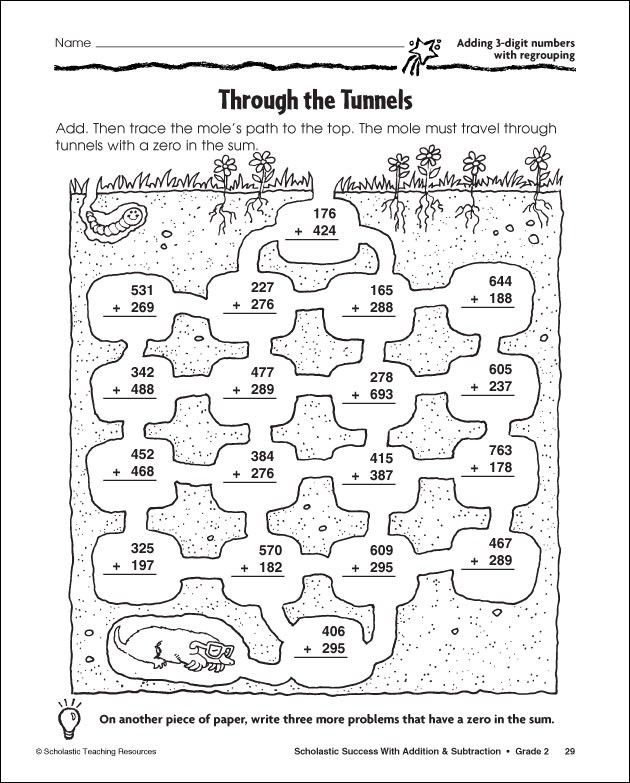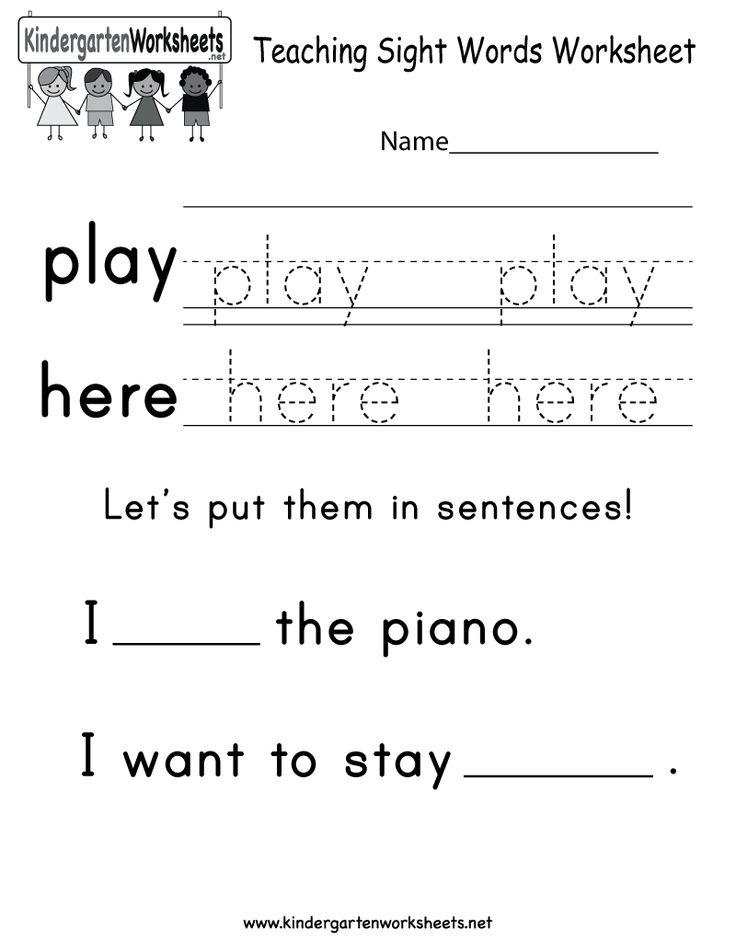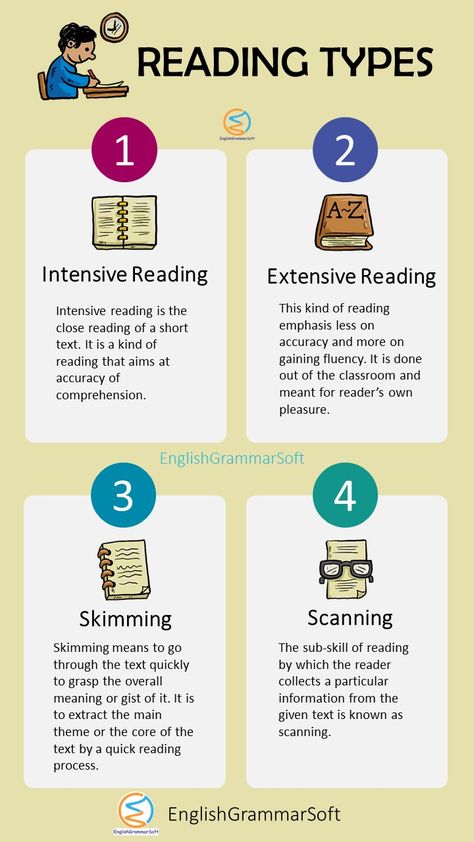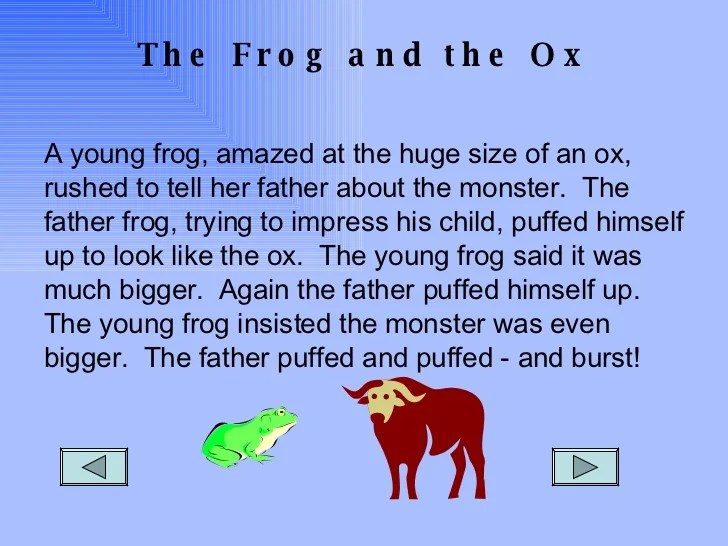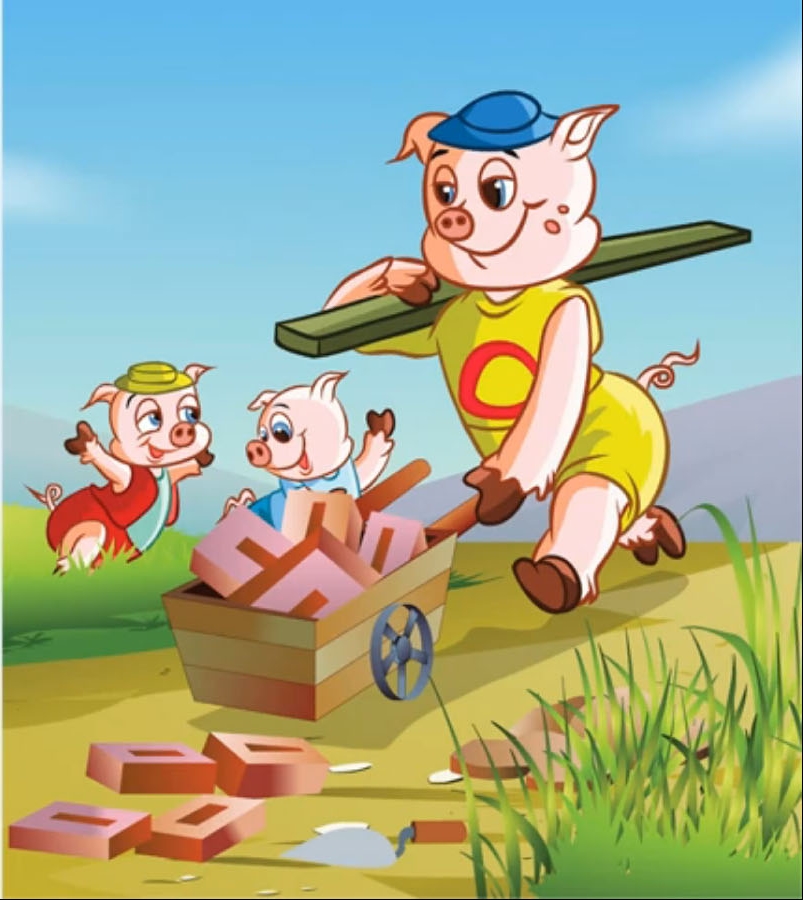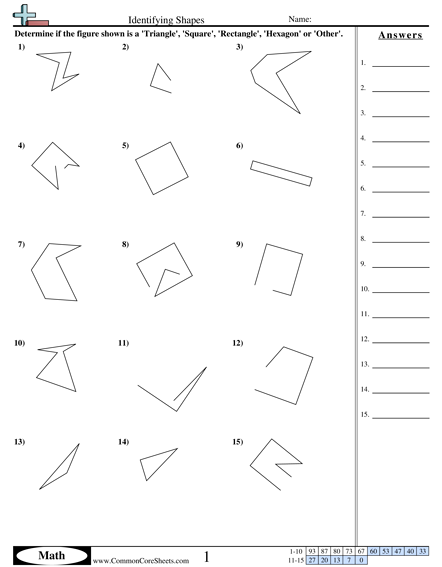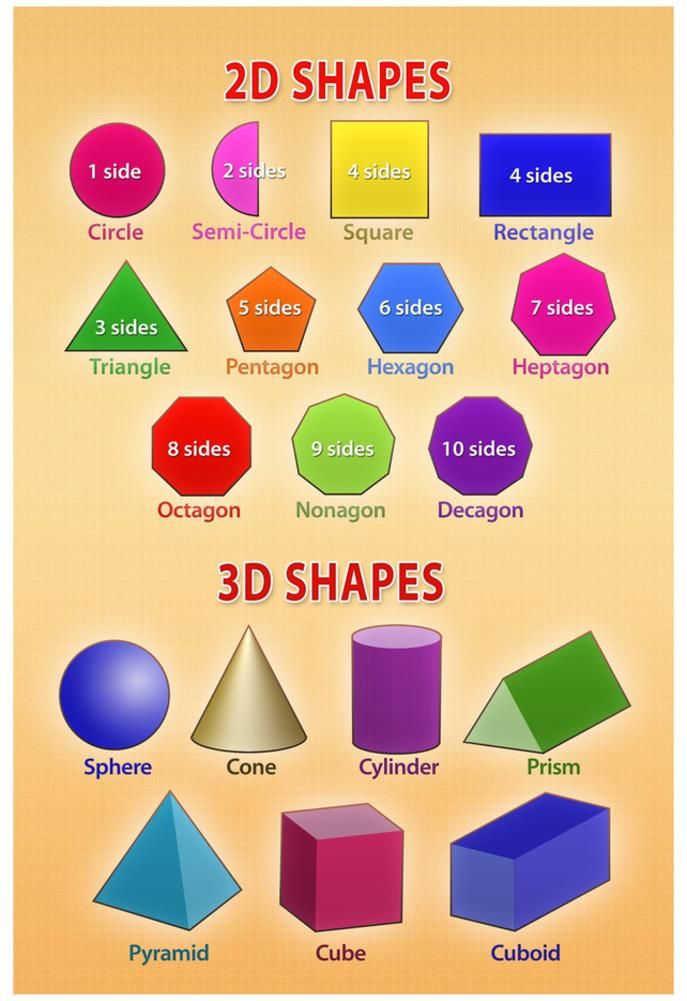Games for spelling practice
Help
Problem: The website is blocked to my students
Do your students get a message such as "website can't be reached"?
Solution: Contact your school's technology department, or someone at your school who's in charge of the internet, and tell them you wish to use this website with your class. They can simply unblock it by adding it to their list of approved websites within a couple of minutes.
Problem: I’m using a Mac and the website isn’t working
If you’re using a MacBook or an iMac and the website isn’t working, then try using it with a different browser. If you tried Chrome for Mac and it didn’t work, then try the Safari browser instead (it’s already installed on every Mac), or Firefox (it’s free to download, quick to install, and works great).
How can I save my lists?
After you type your list, click the "Save list / Open saved list" button. Then, type a title for your list, and click the "Save" button.
You can save this way up to 24 lists. They will be stored locally in your browser's cache. Note that if you delete your browser's "history" then your saved lists might get deleted.
Problem: I can't save lists / Saved lists are erased
Your lists might not be saved due to the following reasons:
1. Too strict privacy settings in your browser. (try reducing it, or try another browser).
2. Too strict anti-virus or firewall settings. (try reducing it).
3. In schools, web administrators often disable some features of the computers such as the ability to save changes that you've made.
If you can't get your lists saved, you can always save your lists in a document, as described in the following section:
Saving lists permanently
You can save lists permanently in a text document.
Copy the sharing code (see the section below about sharing lists), and paste it inside a text document (such as MS Word or Google Docs). Type your title above it. You can paste this way as many lists as you wish.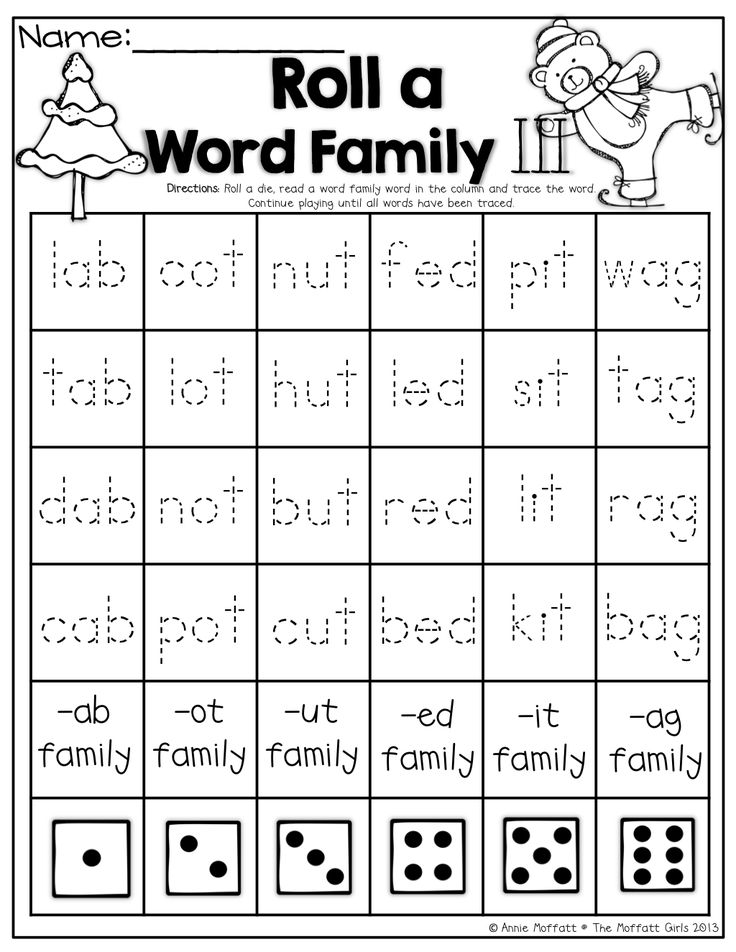 Save the document.
Save the document.
In most document types, when you click the sharing code it will automatically open the website with your list inside it.
How Can I share my list with my students?
After you type your list, click the "Share this list" button. An address that contains your list will appear. Copy it, and paste it in your class's website, or in your Google Classroom.
Problem: A game stopped working (can't hear sound, or the screen is black, or doesn't load)
Note that old computers (older than 4 years) might have trouble running some of the games.
Solutions:
1. Try reloading the page (use the "reload" button on the browser, or the F5 key on the keyboard).
Does it work now? If it doesn't, then try the following:
2. Close the browser, including all its open tabs (better save your word list before closing). If you can, close other computer programs that are open too.
Now wait a few seconds (to let the computer's memory get flushed).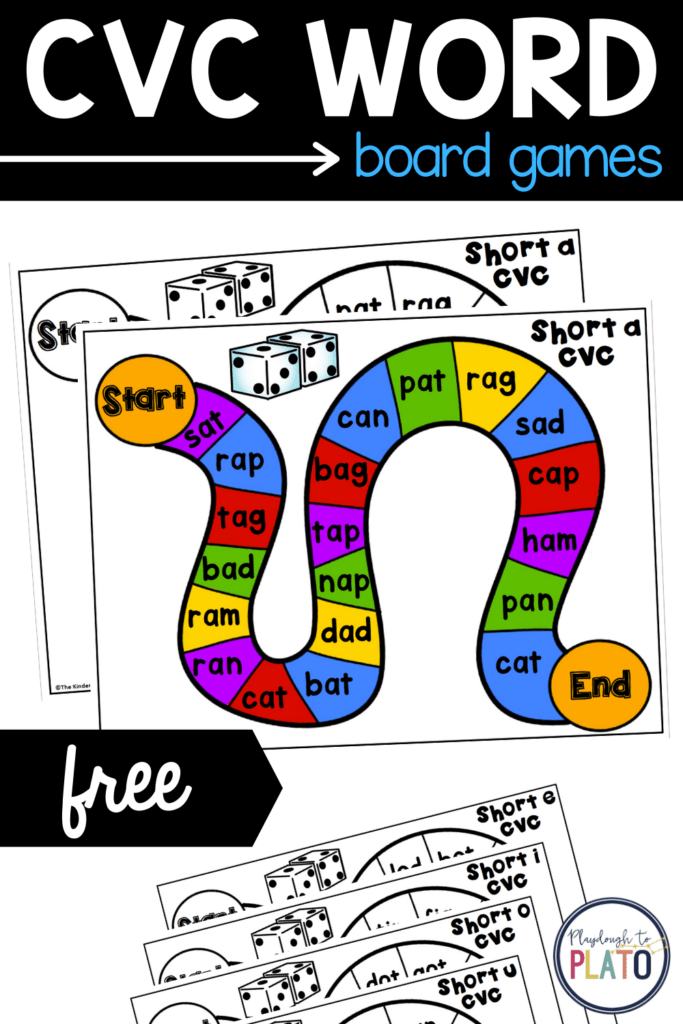
Now open the browser again, get back into spellingtraining.com, go to the problematic page and reload it again.
If it still doesn't work, then:
3. Try the website with another browser (Google Chrome, Firefox, Microsoft Edge, Safari, etc.). If it doesn't work with one - it might work with the other.
If it still doesn't work - please tell me about it! Send me an email to: [email protected]
But also in the meantime, the following solution will probably work -
4. Try using the website from another computer.
Problem: Some games are suddenly missing (Rollercoaster, Dragon)
Solution: If you browse from a computer and this happens, try the following:
1. Maximize the browser's window size. The games might now reappear.
2. Try zooming out by clicking "Ctrl" with "-" (pressing Ctrl with the minus key). If you zoom out the missing games will appear.
Note that those 3d games (rollercoaster, dragon island, jungle speller etc.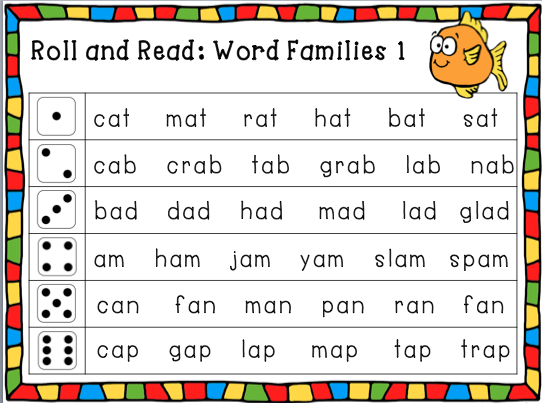 ) won't appear on tablets and smartphones.
) won't appear on tablets and smartphones.
I didn't find an answer to my problem
If there is anything else that you need assistance with, don't hesitate to contact me and I'll do my best to help you. My email is [email protected]
Classroom Spelling Games for Grades 2-6
Looking for an engaging spelling game to play with your students? Look no further! We’ve collected together a fun list of classroom spelling games suitable for students in grades two to six.
1. Buzz Off Spelling Game
Have students stand in a circle. Choose a person to start and say the word to spell. In succession moving from person to person around the circle, each student says the next letter in the word until the entire word is spelt. The next student says ‘buzz’ and then the next ‘off’ and that final student sits down. Any student whose letter misspells the word also has to sit down. Keep playing until only one student remains standing.
2.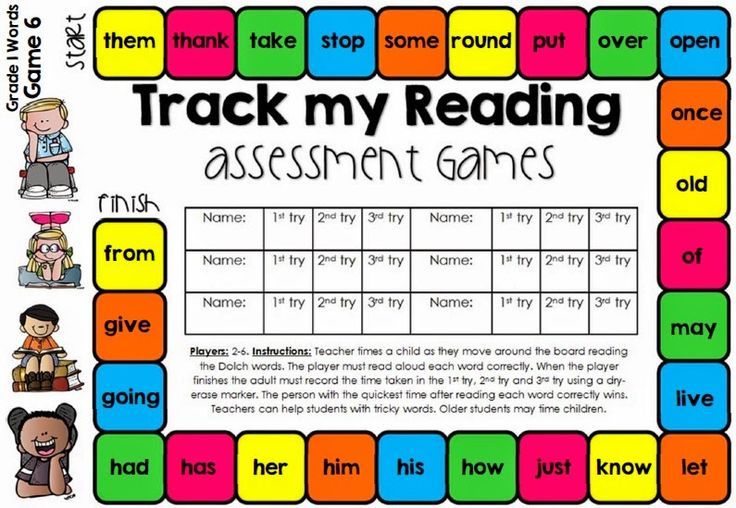 Spelling Team Tic Tac Toe #1
Spelling Team Tic Tac Toe #1
Divide students into two teams. Draw a large tic tac toe grid on the whiteboard. Students from each team take turns to orally spell an allocated word correctly. If they are correct, they add an x or o to the grid for their team. First team to three in a row wins the round.
3. Spelling Team Tic Tac Toe #2
Divide students into two teams. Draw a large tic tac toe grid on the whiteboard. Give each team a different coloured whiteboard marker. Students from each team take turns to spell an allocated word directly onto their choice of square on the tic tac toe grid. If they spell the word incorrectly it is erased. First team with three correctly spelled words in a row wins the round.
4. Snowball Spelling Game
Onto a small sheet of white paper write the grapheme for a sound the class has been studying, e.g. ‘ir.’ Scrunch the paper up into a ball. Throw the paper ball to a child who must unwrap the paper and say a word containing that sound.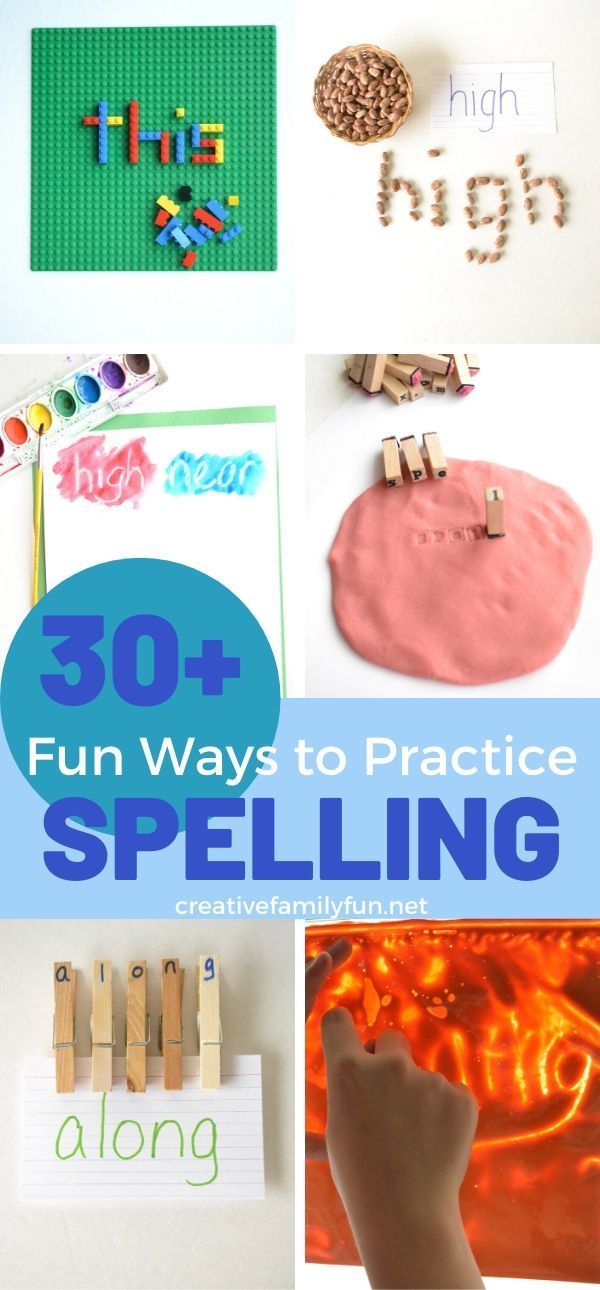 The child then throws the paper ball to another child who has to spell the word. They then throw the ball to another child who has to say a sentence that includes the word. They then throw the ball to another child who starts the sequence again with a new word that includes the sound.
The child then throws the paper ball to another child who has to spell the word. They then throw the ball to another child who has to say a sentence that includes the word. They then throw the ball to another child who starts the sequence again with a new word that includes the sound.
5. Spelling Swat It!
Divide students into two teams. Write the spelling words randomly onto the whiteboard.
Stand the first two players, with their backs to the board, a short distance in front of it. Give them each a plastic fly swat.
Call out a clue to identify the spelling word. For example, “This word means…” or “Rhymes with …” The two players must then race to be the first to swat the correct word on the board. The winner must then turn away from the board and spell the word correctly to win a point for their team.
6. Spelling Word Relay
Divide the students into teams. Each team lines up a short distance away from the whiteboard, facing the board.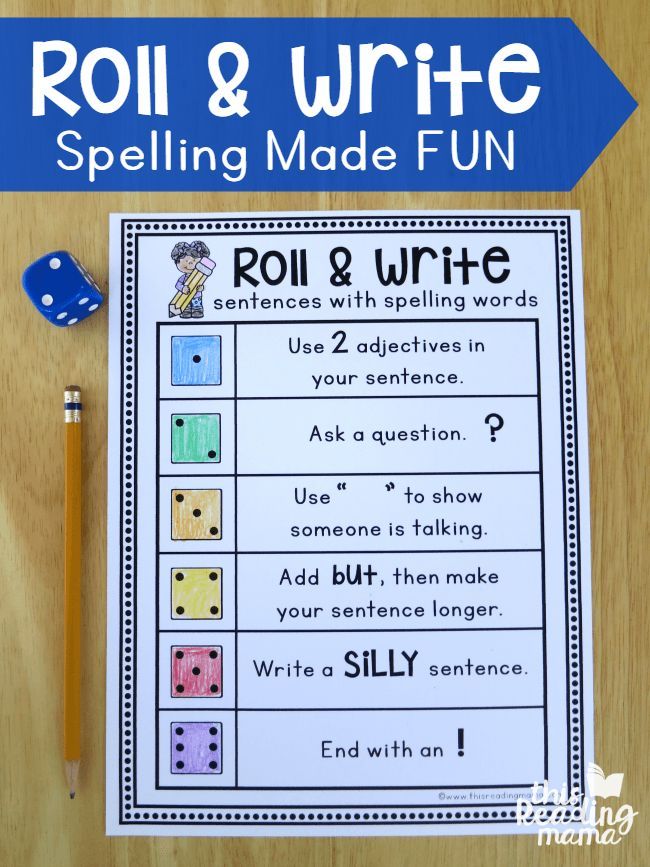 The first person in each team starts with a whiteboard marker.Call a word for the students to spell. The first student in each team races to the board and writes the first letter of the word and then runs back to pass the marker on to the next team member who writes the next letter of the word, and so on. Team members can correct an incorrect letter on their turn but they may not add a new letter. The first team to correctly spell the word scores a point.7. Spelling Who Am I?
The first person in each team starts with a whiteboard marker.Call a word for the students to spell. The first student in each team races to the board and writes the first letter of the word and then runs back to pass the marker on to the next team member who writes the next letter of the word, and so on. Team members can correct an incorrect letter on their turn but they may not add a new letter. The first team to correctly spell the word scores a point.7. Spelling Who Am I?
Write each spelling list word onto a post-it note. Divide students into two teams. The first student from the first team sits on a chair at the front of the room, facing the rest of her team. Place the first post-it note onto the student’s forehead. The goal is for the chosen student’s teammates to give him or her clues to what the word on his forehead is, without revealing the word directly. They can use rhyming words, synonyms, antonyms, guestures, etc. After they guess the word correctly, the student then has to spell the word.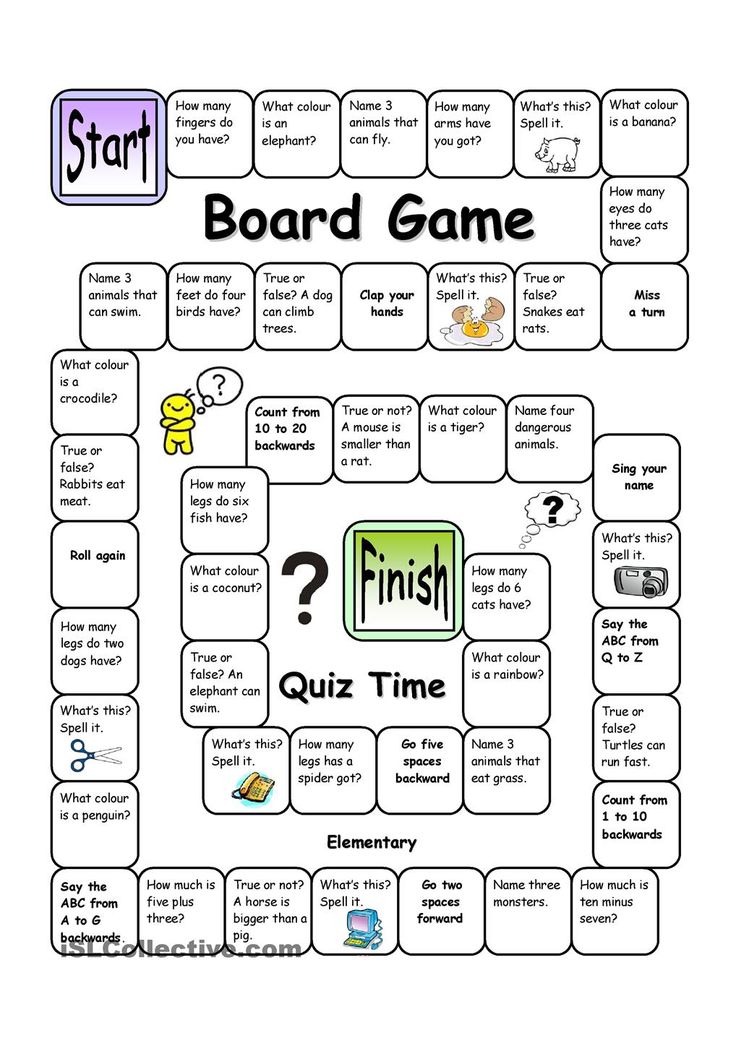 If they spell the word correctly, they score a point for their team. Repeat with the first team member from the second team, and so on.
If they spell the word correctly, they score a point for their team. Repeat with the first team member from the second team, and so on.
8. Unscramble
Line students up into two or three teams facing the class whiteboard. The first person in each team has a personal whiteboard and a whiteboard marker and an eraser and turns to face away from the class whiteboard. Write a jumbled version of the first spelling word on the class whiteboard. On ‘Go!’ the team members turn to face the board. The first of these students to write the unjumbled word (spelled correctly) onto their personal whiteboard and holds it up to the teacher wins a point for their team. They then pass the whiteboard onto the next team member and play continues with a new jumbled word for each round.
9. Missing Letters
Played in the same manner as Unscramble but the words are written onto the classroom whiteboard with blank lines in the place of some of the letters. For example, b_c_ _se for the word because.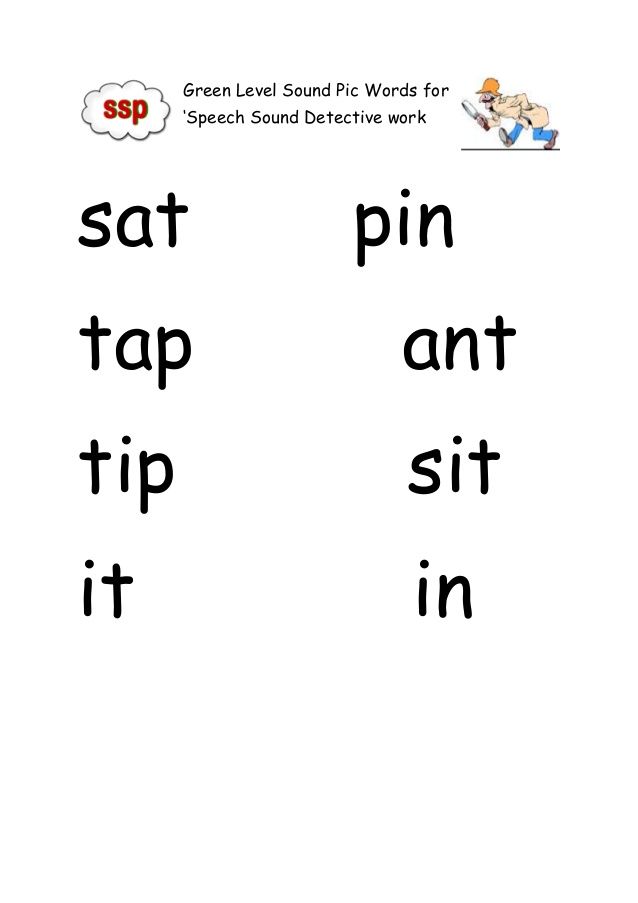
10. Invisible Man
Line students up into two teams facing the whiteboard. Draw two large stick people on the whiteboard, one in front of each team, each must have the same number of body parts. Call out a word for the first member of team one to spell. If they spell it correctly they may erase one body part from the other team’s stick person. Call out a word for the first member of team two to spell, and continue on until one team’s stick person is completely erased. The erasing team is the winner!
11. Spell-O
Each student chooses five spelling words and writes them onto a piece of paper. Write the alphabet in large print across the whiteboard. Cross out the letters of the alphabet, one by one. As each letter is crossed out, students cross out that same letter as it appears in each of their own words. First student to cross out all of the letters in all of their words wins.
12. Dictionary Challenge
This game works best with students in the upper elementary/primary grades.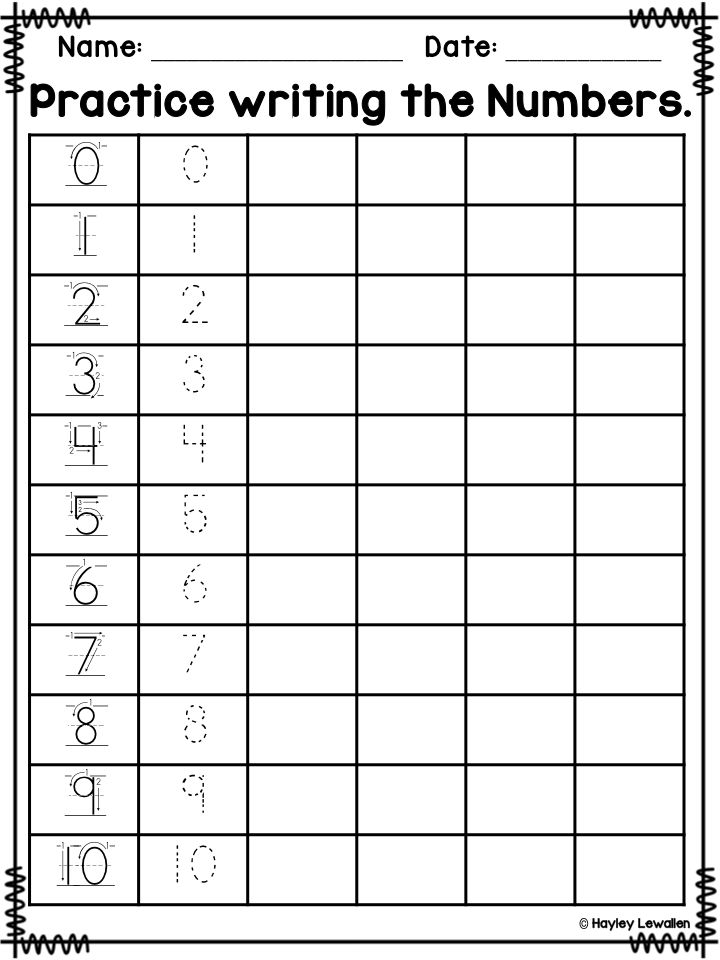 Divide students into teams. Each team will need a dictionary. Students choose a player from their team to go first. Call out a word. The elected students from each team race to be the first to find the word in the dictionary. The person who succeeds scores a point for their team. The dictionary is then passed to the next person in each team and the process repeated.
Divide students into teams. Each team will need a dictionary. Students choose a player from their team to go first. Call out a word. The elected students from each team race to be the first to find the word in the dictionary. The person who succeeds scores a point for their team. The dictionary is then passed to the next person in each team and the process repeated.
Christie Burnett is a teacher, presenter, writer and the mother of two. She created Childhood 101 as a place for teachers and parents to access engaging, high quality learning ideas.
4 English Spelling Games
Unnecessary, professor, irresistible, conscientious is just the beginning of the list of words that fall into the category: "Challengers for the maximum number of spelling errors in one word. "
"
When studying words, students remember their pronunciation, but not their spelling. It is a fact.
So when it comes to writing assignments or dictations, the result leaves much to be desired. The problem of spelling concerns students of all ages and does not depend on the level of language proficiency. These exercises will help your students with vocabulary review and spelling practice. nine0007
Is that your final answer?
Step 1 . Prepare pictures with images that match the words from the topics covered. Divide the group into two teams.
Step 2. When everyone is ready, show the first picture. The first team to identify the word gets the first chance to try writing it.
Step 3. After collective discussion, the team announces its final answer. If everything is correct, the team gets a point, if there is at least one mistake in the word, then the second team gets the opportunity to spell this word.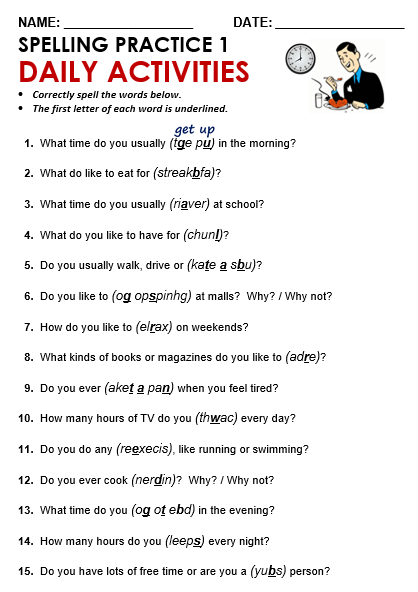 nine0007
nine0007
The team with the most points wins.
Spelling circles
Step 1. Prepare a list of words to repeat. Divide the group into two teams.
Step 2 . Divide the board in half and write the alphabet on both sides.
Step 3. At the same time, a participant from each team comes to the board. The object of the game is to circle the letters in the alphabet from the word you have spoken. To complicate the task, you can insist on circling the letters in the order they appear in the word. nine0007
For higher levels, instead of saying the word itself, use its explanation so that students first have to guess what it is about before finding those letters in the alphabet.
Step 4. Then the players change and continue to trace the letters of the new words. If none of the players could find all the necessary letters, the teams can help their representatives. But in this case, no team gets a point.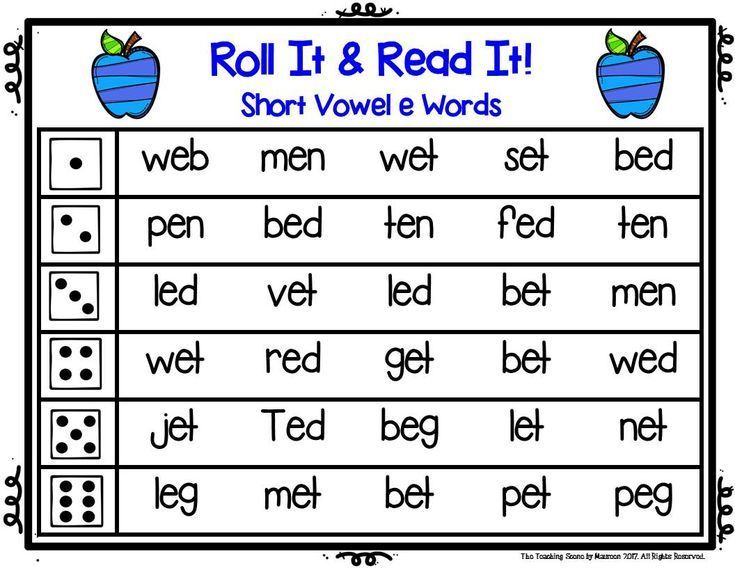
In the end, the team with the most points wins. nine0007
Hot potato
Step 1. Prepare a list of words to review. Divide the class into mini-groups.
Step 2. After that you say the word for the first command. Its participants must take turns to name the letters from this word. Teams are not given time to think - everything must happen quickly. Warn students to listen carefully to each other, as it is not possible to repeat the previous letters again.
Step 3. You repeat the same with other commands, using the following words from your blanks. In case of incorrect options, other teams have the opportunity to offer their options, for which they can receive additional points. And, of course, the winner will be the team that can correctly pronounce the most words.
To help students, write all the correct letters of the word on the board.
Body language
Step 1.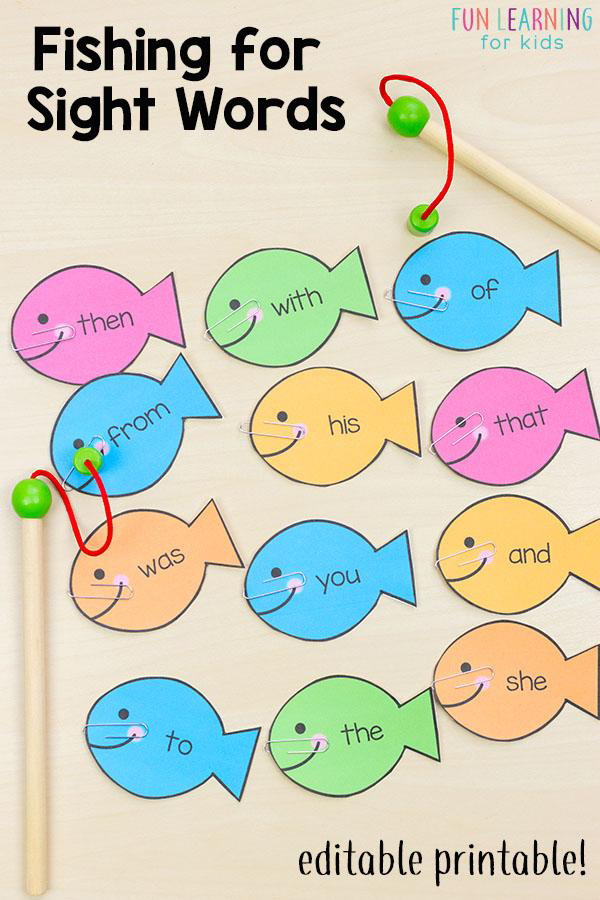 Prepare cards with the words you want to repeat with students. For example, 5 words for one command.
Prepare cards with the words you want to repeat with students. For example, 5 words for one command.
Step 2. Divide the group into teams and give them time to choose a name.
Step 3. Participants take turns drawing a word and spelling it out to their team without saying anything. The task of each player is to use the whole body to represent the letters of the word. The team, in turn, must guess what the word is, translate it, or pick up synonyms for higher levels and give an explanation. nine0007
Step 4. The team that guesses the most words wins.
Thus, the game version of the spelling exercises can speed up the memorization of difficult words. And most importantly, your students will no longer feel embarrassed by the question: “Can you spell it?”
comments powered by HyperComments
Support #Teachaholic if you find our work useful 💜
We have been developing the magazine on our own for more than 2 years, and now we really need your support! nine0007
If our materials at least once turned out to be useful to you, if you used them in your lessons and delighted your students with fresh ideas, you can tell us “Thank you” and make any comfortable contribution to our work in the form of a donation.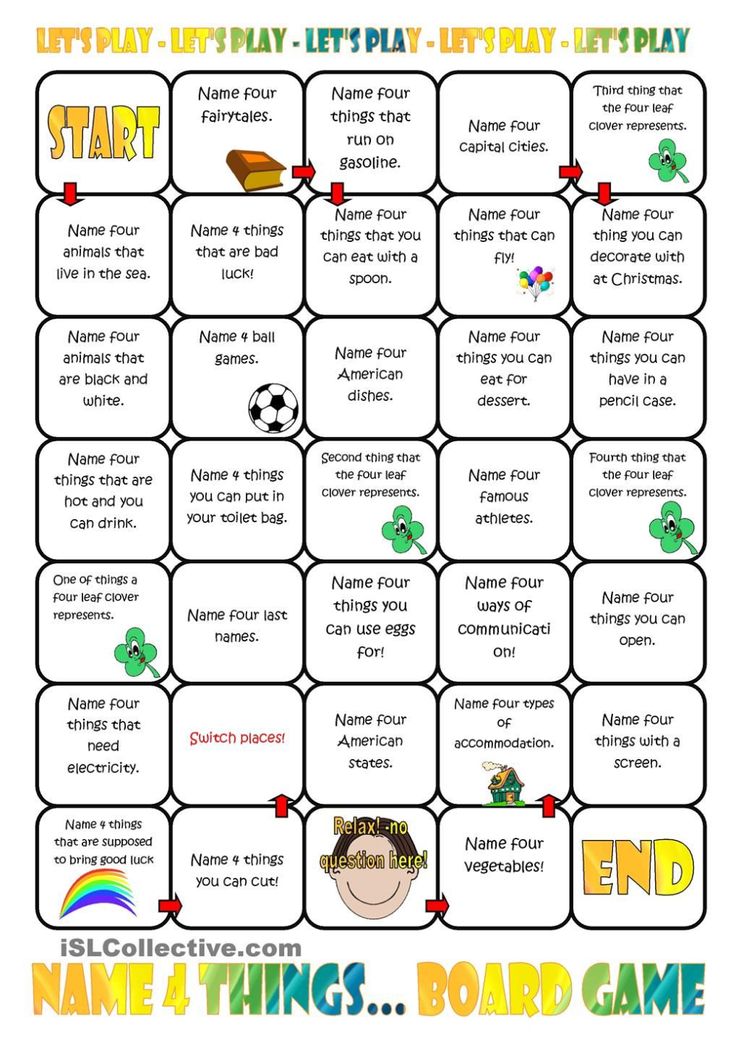
As a token of gratitude, we will send access to the webinar "Career prospects for an English teacher" to everyone who makes a donation, regardless of the amount.
Your Teachaholic.
#Teachaholic🧡
Hello, tichaholics! We have launched a new service for English teachers called "Methodological Assistance"👏👏
This is a service with which every teacher can get an assessment of the effectiveness of their lessons, an online consultation from an experienced methodologist and a clear plan for professional development!
45 games and game exercises in the Russian language lessons to develop and correct the attention of 2nd grade students with mental retardation
Sections: Russian language, Primary school, Correctional pedagogy, Inclusive education
EXPLANATORY NOTE
Attention occupies a special place among mental phenomena, acting as an integral part of knowledge, feelings and will.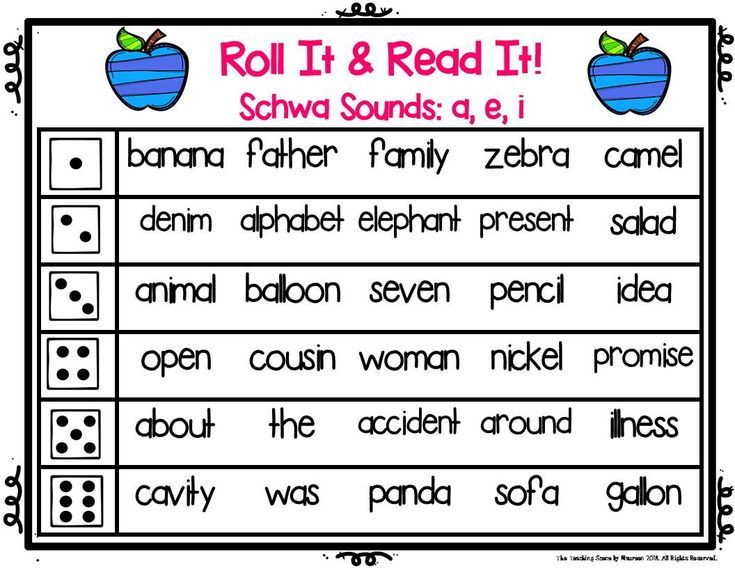 It plays a significant role in the regulation of intellectual activity, allowing you to concentrate and direct the consciousness of a student at a given moment of time on some real or ideal object - an object, phenomenon, event, image, thought, etc.
It plays a significant role in the regulation of intellectual activity, allowing you to concentrate and direct the consciousness of a student at a given moment of time on some real or ideal object - an object, phenomenon, event, image, thought, etc.
Primary schoolchildren 8-9 years old with mental retardation (MPD) have unstable attention. This instability manifests itself in different ways. In some children, at the beginning of the task, there is maximum concentration for them, which steadily decreases as the activity continues, and the student begins to make mistakes or completely stops performing the task. For others, the greatest concentration of attention occurs after a certain period of performing specified actions, and then gradually decreases. There are children who have periodic fluctuations in attention. The possibilities of volitional regulation of attention, control of it in children above this category are limited. nine0133
The variability of deviations in the development of junior schoolchildren with mental retardation has a wide range: children of the same age are at different stages of development of speech, sensory-perceptual and mental activity, they have spatio-temporal representations formed to varying degrees, they have a different stock of knowledge about the environment the world.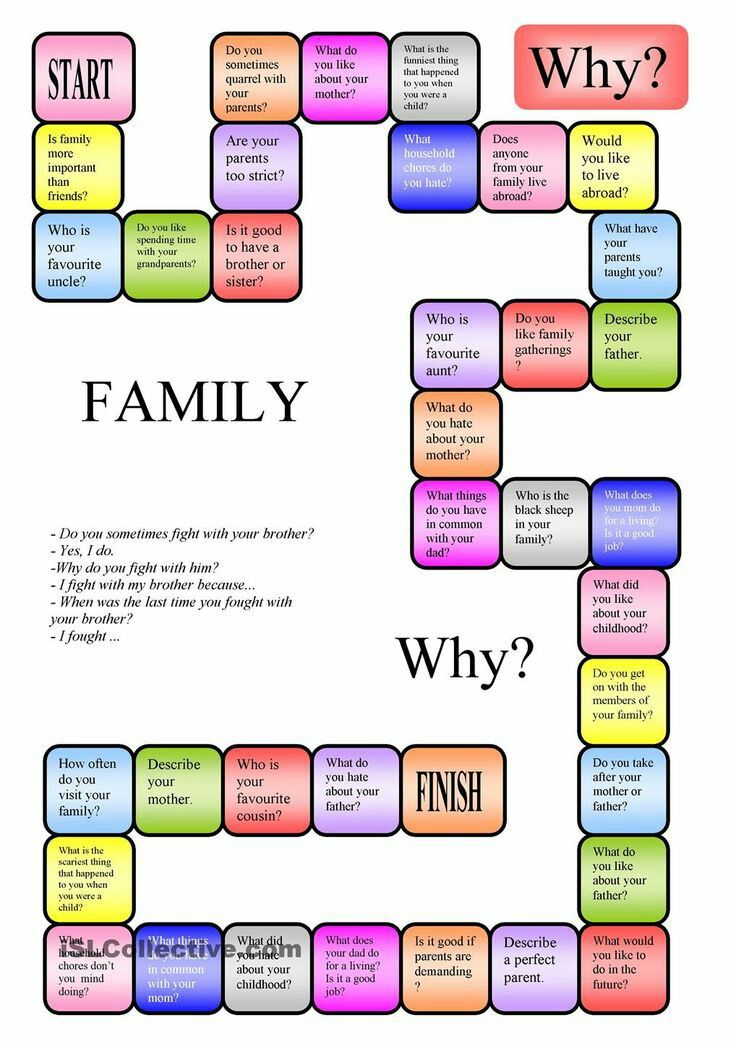
The listed developmental deficiencies are successfully compensated with directed and systematic work on educational material under the guidance and with the help of an adult. nine0007
Of great importance for the correction and development of voluntary attention at primary school age for students with mental retardation is the game, on which the teacher must rely as the leading activity of the child with mental retardation, but saturate the game with didactic rules so that the child needs mental stress. In turn, didactic games have a task, rules, actions and require concentration. In order to develop in students certain qualities of attention (purposefulness, stability, concentration) and the ability to manage them, we have developed game exercises based on the program content in the Russian language for students with second-grade mental retardation. nine0007
When developing games and game exercises, we used the methodological recommendations for the development of attention by A.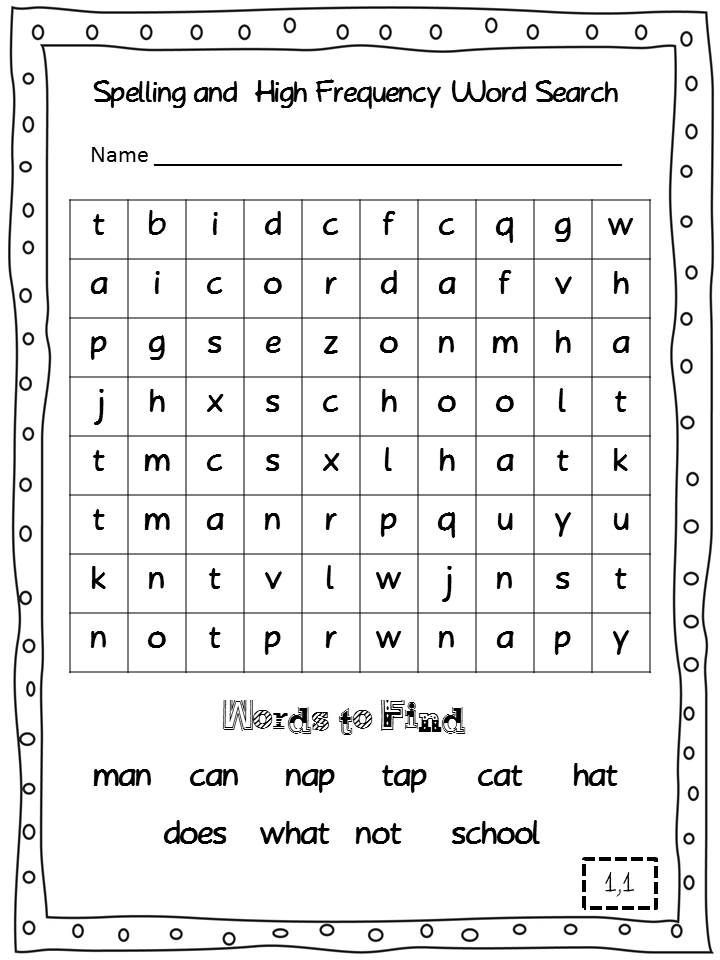 A. Osipova, L.N. Blinova, for the organization of assistance to a poorly performing student N.P. Lokalova, for teaching the Russian language to younger students with mental retardation С .G.Shevchenko.
A. Osipova, L.N. Blinova, for the organization of assistance to a poorly performing student N.P. Lokalova, for teaching the Russian language to younger students with mental retardation С .G.Shevchenko.
For convenient use in work, games and game exercises were distributed by us according to the studied content lines of the subject area "Russian language": "Language system" (phonetics and graphics, morphemic, morphology, syntax), "Spelling and punctuation" and "Speech development ". nine0007
The developed complex of games and game exercises is aimed at providing timely psychological and pedagogical assistance to children with mental retardation and is designed to develop attention and improve the quality of mastering the content of educational material in the Russian language lessons and correctional and developmental classes for students with mental retardation 8-9 years old.
Practical significance: the materials of this work can be used by elementary school teachers, psychologists, speech pathologists to work with children of primary school age to develop their attention properties and improve the quality of teaching in the Russian language.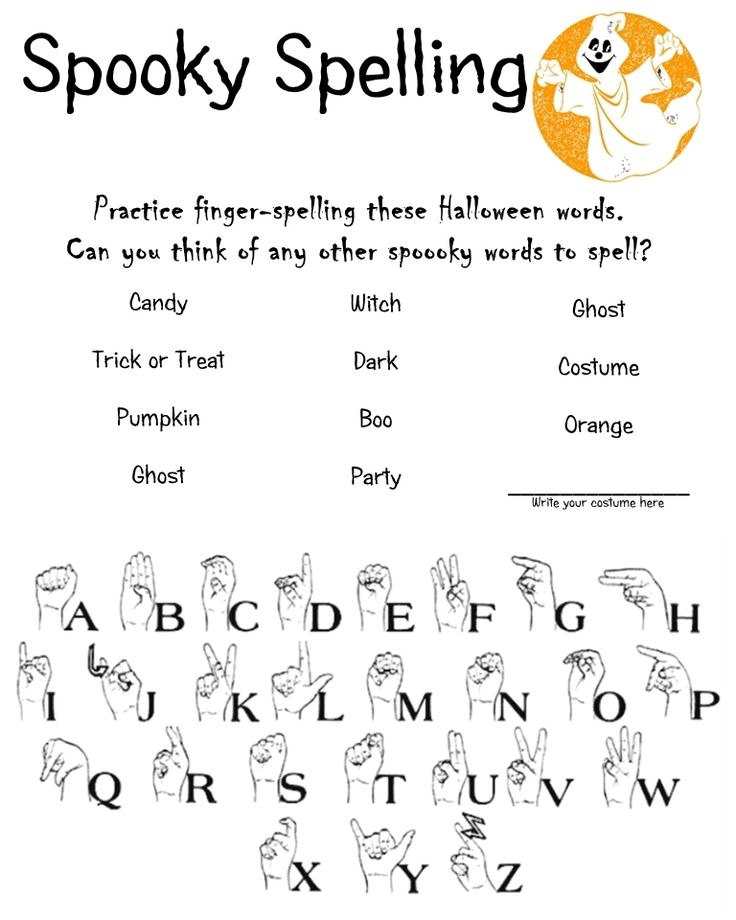 nine0007
nine0007
Games for studying the section "Phonetics and graphics"
The child is offered a table with 10 rows of 10 letters each with letters with a suggestion to cross out all the vowels in 3 minutes.
Game variations:
- cross out only consonants; nine0175
- Cross out letters that show only voiceless or voiced consonants;
- Cross out vowels that show the softness or hardness of the consonant;
- Cross out consonants that show only soft or hard consonants.
Making the game more difficult. Emphasize the vowels that show the softness of the consonant, strike out the vowels that show the hardness of the consonant.
Recommendations. The game should be played regularly, achieving an increasingly accurate search for the desired letters and reducing their omissions. Record the results in the student's individual achievement notebook so that he can see the progress of his work.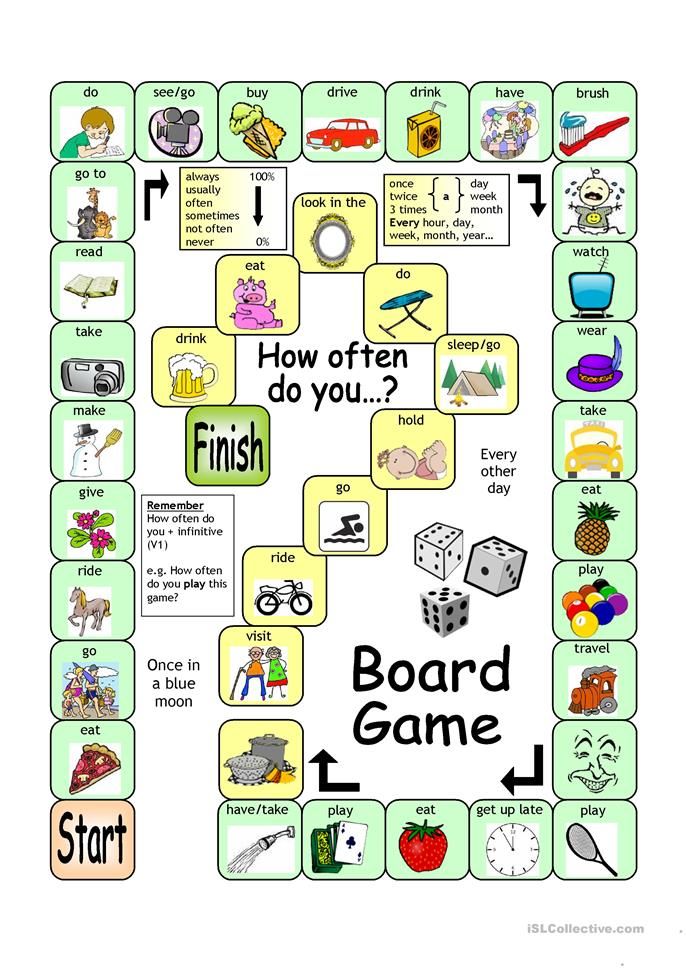 (It is possible to use various signs, stickers, symbols, etc.)
(It is possible to use various signs, stickers, symbols, etc.)
2. The game "Disorder in the alphabet"
Purpose: development of volume, stability of attention, repetition of names and order of letters of the alphabet.
Equipment: 4 tables, 6 rows each, 6 cells in each row, where letters from A to Z are randomly scattered in each cell, a stopwatch and a pointer.
Instructions: must be found as quickly as possible and pointed with a pointer to all the letters in order.
Recommendations. You can start working with one or two tables, gradually increasing the number of tables, bringing the work with 4 tables at once.
Game options:
- find all vowels or consonants in alphabetical order;
- find all letters of voiced or voiceless consonants in alphabetical order.
Making the game more difficult.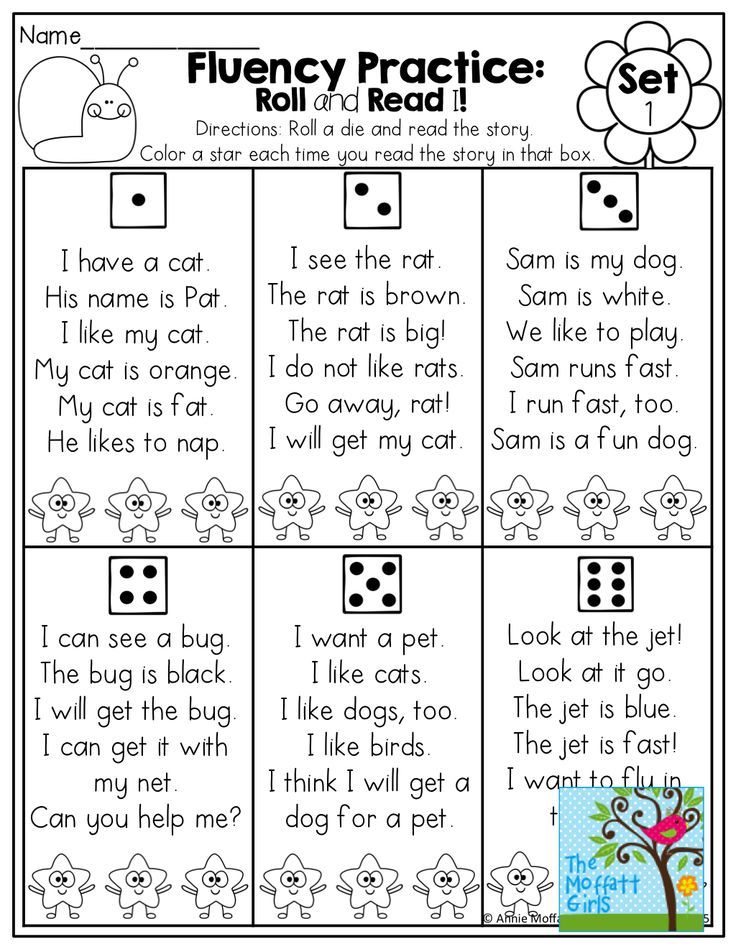 Find all the letters from Z to A.
Find all the letters from Z to A.
3. The game "Reverse Counting"
Purpose: development of stability, distribution and switching of attention, repetition of the order of the letters of the alphabet.
Equipment: table with 11 rows of 6 cells with letters of the alphabet and random numbers from 1 to 33, pointer and stopwatch. nine0007
Manual. A two-color table is placed vertically on the table in front of the student, a pointer is given and instructions are given: “There are 33 letters from A to Z and 33 numbers from 1 to 33 on the table. It is necessary to show and name the letters in alphabetical order, and the numbers in descending order from 33 to 1. It is necessary to count alternately: first, call the letter, then the number, until the count is over.
4. Riddle Game
Goal: development of stability, distribution and switching of attention, repetition of dividing words into syllables.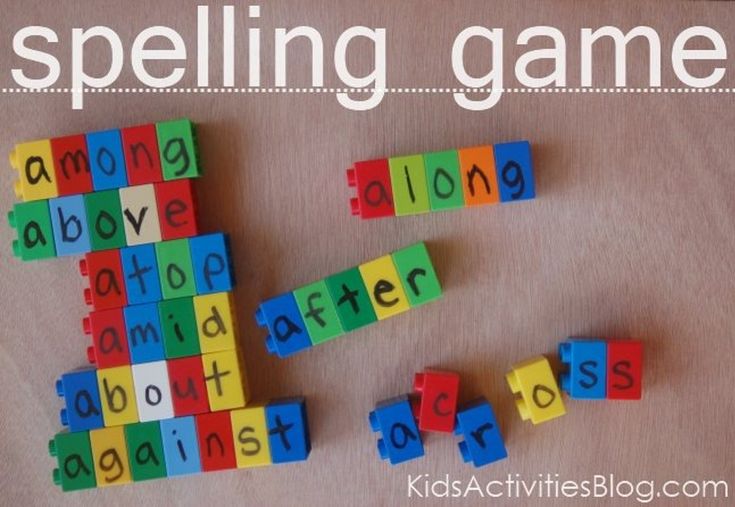
Manual. Read the riddle syllable by syllable in ascending order of numbers. Write an answer.
(Correct answer. This horse does not eat oats, instead of legs there are two wheels. Sit on horseback and rush on it, only better steer. (Bicycle)
Recommendations. You can encrypt any riddle in a similar way.
5. Game "Secret letter"
Purpose: development of stability, distribution and switching of attention, repetition of the rules for writing a sentence.
Manual. Decipher the Russian folk proverb. Each letter corresponds to a certain sign.
( Correct answer. There is no boredom when hands are busy.)
distinguish between letter substitutions and word meanings. nine0007 Manual. The student is invited to read the poem, find out which sound is lost and correct the mistake. 7. Typesetting game Purpose: development of sensory (visual attention), concentration, the ability to compose words according to a given instruction. Equipment: syllable table, which lists all variants of syllables with consonants and vowels. Manual. nine0006 The teacher guides the pointer along the table, showing the sequence of reading the syllables, the student follows the movement of the pointer with his eyes and silently reads the word. At the request of the teacher: “Name the word,” the student names the resulting word. Making the game more difficult. You can show a whole sentence of syllables for reading to a student. 8. The game "Forbidden sound" Purpose: development of sensory (auditory attention), concentration of attention, the ability to isolate sounds in words. nine0007 Manual. voluntary attention, concentration, stability of attention, the ability to work according to instructions. nine0007 Manual. The student needs to choose and underline those letter combinations and words that are written to the line. 10. The game "Read according to the rule" Purpose: development of concentration, distribution, randomness of attention, the ability to keep instructions, repetition of vowels and consonants and letters. Equipment: text for primary school age. Manual. Read the text aloud, naming only those words that begin with a certain letter (for example, with any vowel or consonant, or with the letter of a voiceless or voiced consonant, or with the letter of a double consonant according to voiced-deafness, etc. Game variant: offer to read the text, skipping every second word. 11. Game "Ciphering" Purpose: development of voluntary attention, memory, consolidation of knowledge of the alphabet. Manual. Decipher the proverb using the knowledge of the order of the letters in the alphabet. Write it down. If the student experiences difficulties, then he needs to be offered a table with the alphabet. (Correct answer. Politeness cannot be bought at the market.) Game variation: Invite the student to encrypt any words himself. 12. Game "Grammatic Mathematics" Purpose: development of observation, voluntary attention, concentration, ability to compose words according to instructions. Manual. Write words using math signs. 13. Game "Decipher the name of the hero" Purpose: development of volume, concentration, arbitrariness of attention, repetition of the spelling rules for proper nouns. Manual. Write out from each line only those letters that do not repeat. ( Correct answer. Ugly duckling) Recommendations: so you can encrypt the name of any hero or a whole sentence (message from the hero). 14. Vocabulary game Purpose: development of the amount of attention, concentration, fixing the spelling rules of dictionary words. Manual. Underline every seventh letter, counting from left to right, moving from one row to another. Make up a word from the underlined letters. Write it down. Make up a sentence with the given vocabulary word. (Correct answer. Word watermelon. ) 15. Collect words game Purpose: to develop concentration, randomness of attention, thinking, memory, expand vocabulary, develop self-control skills when writing vocabulary words.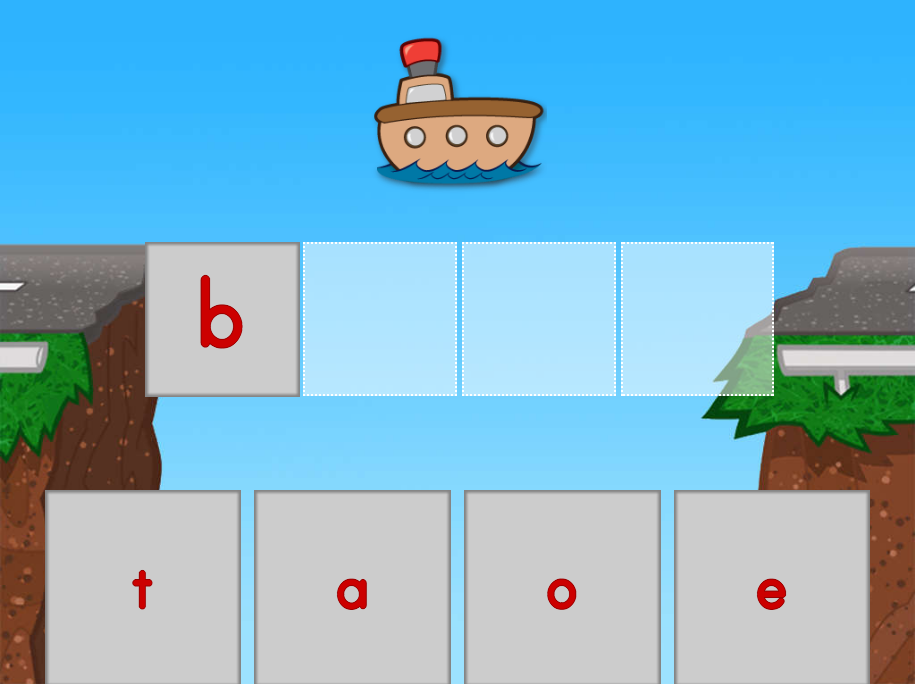
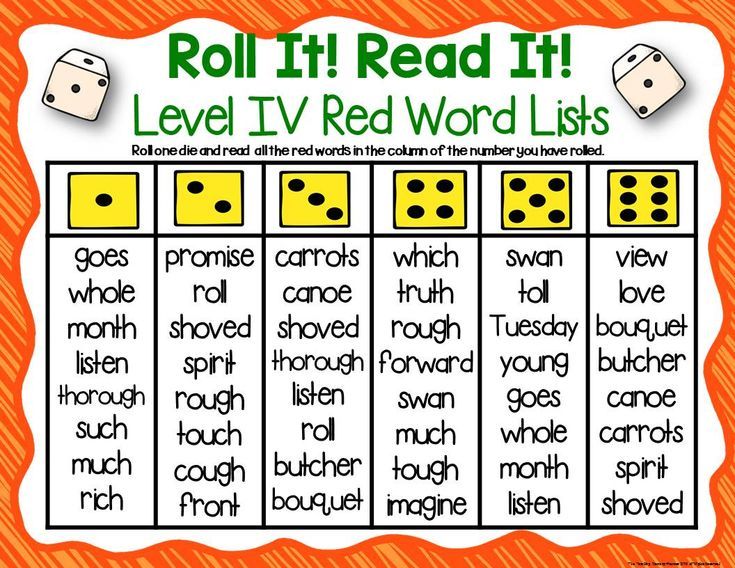 The teacher names different words, the student listens carefully, but as soon as a certain sound sounds in the word, for example [b], the student needs to clap his hands. For example, pole, cook, bagel, plank, jar, hoop, folder, headstock, plinth, pancake, plan, banana , etc.
The teacher names different words, the student listens carefully, but as soon as a certain sound sounds in the word, for example [b], the student needs to clap his hands. For example, pole, cook, bagel, plank, jar, hoop, folder, headstock, plinth, pancake, plan, banana , etc. 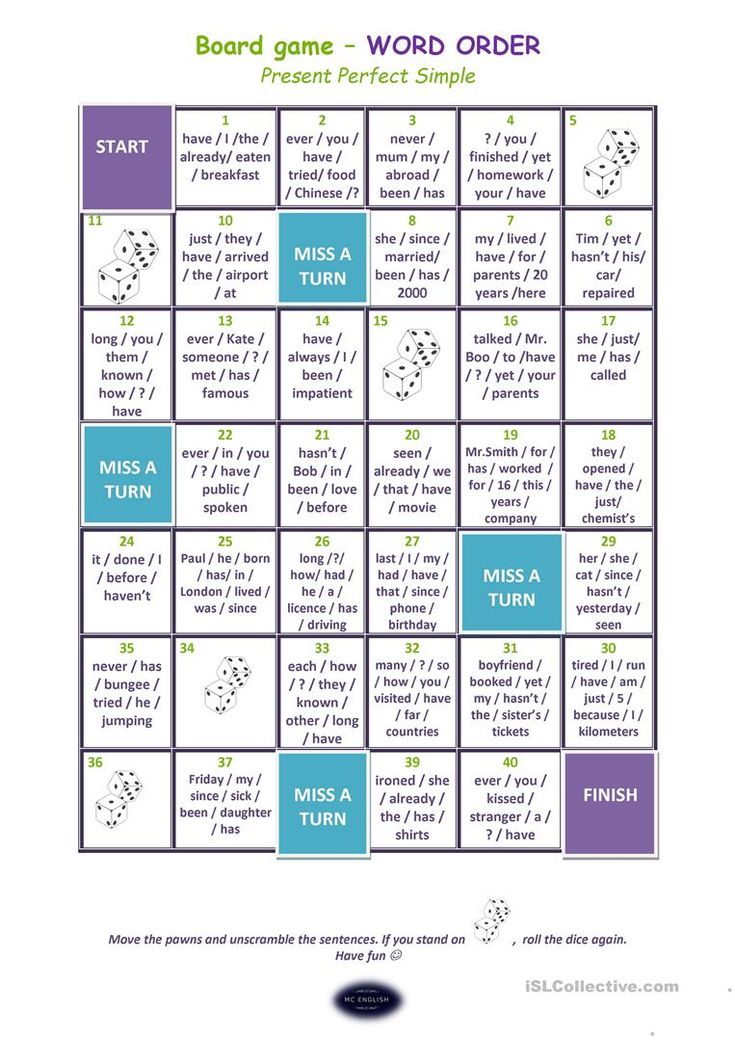 ). nine0007
). nine0007 
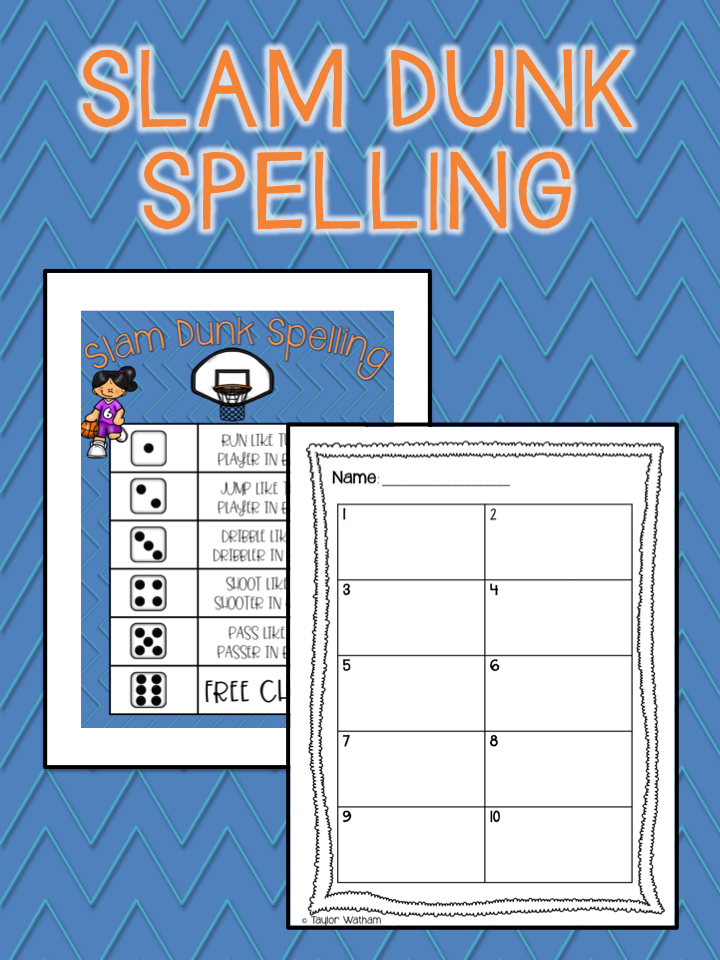
Learn more

